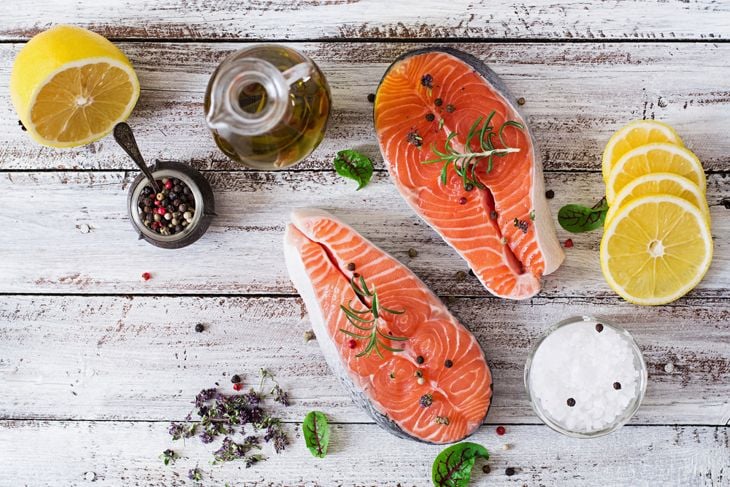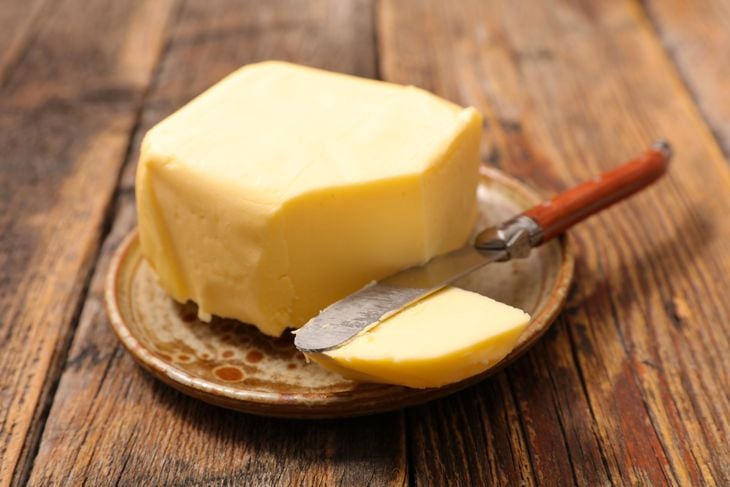Best Red Wine For Low Carb Diet
A low-carb or carb-free diet can help steer you away from sugary and starchy foods like bread, pasta, and cereal. Low-carb diets are high in protein and fats and can offer an alternative to counting calories or grams. The diet isn't for everyone, however; people with medical conditions such as diabetes or high blood pressure, as well as pregnant and nursing women, should consult with their general practitioner before making significant dietary changes. Even when a lot of treats are off the table, there are still some great options for people given the go-ahead to adopt a low-carb diet.
Eggs
Eggs are an excellent low-carb food. They contain almost zero carbohydrates, but provide plenty of nutrients including vitamins A, D, E, and B, calcium, iron, phosphorus, zinc, and selenium. Egg yolks contain choline, which is essential for brain development, nerve function, muscle movement, and energy. Eggs are one of the most affordable sources of quality protein.

Fish
Seafood, including salmon, tuna, mackerel, haddock, trout, sardines, and anchovies, are free of carbohydrates. Fish is rich in fats and protein. Fatty fish, including salmon, char, mackerel, and sardines, are some of the best for your health because they contain omega-3 fatty acids that fight inflammation and lower the risk of developing conditions such as autoimmune diseases, metabolic syndrome, heart disease, Alzheimer's disease, and cancer. These nutrients are particularly vital during pregnancy; the fetal brain requires them for healthy development.

Red meat
Red meat, including beef, lamb, pork, and veal, is also carb-free, excepting organ meats like liver. Beef is full of iron and vitamin B12, which helps make DNA and keeps nerves and red blood cells healthy. Depending on the cut, meat may be more or less fatty. This makes it possible to choose your dinner options based on the ratio of fat to protein you need that day.

Poultry
Chicken, turkey, and duck are quality protein sources that contain zero carbohydrates. If you're looking for lean protein, chicken breast contains 80% protein and 20% fat. Some people on low-carb diets prefer to stick to fattier cuts such as the thigh, leg, and wing, however. Chicken provides plenty of essential vitamins and minerals and is low in cholesterol and sodium when the right portion size is properly prepared.

Cheese
Hard cheeses like Muenster, Gouda, cheddar, Colby-Jack, and Swiss are generally no more than one or two percent carbohydrate. Cheese is high in fat and a great source of protein as well. It also boasts ample quantities of vitamin B12 and calcium. Cheese comes in many flavors and textures, making it a versatile food.

Greek Yogurt
While not completely carb-free, Greek yogurt is a low-carb option, usually made up of about 12 grams per cup, and has around 40% of your recommended daily intake (RDI) of protein. It is also a great source of calcium and phosphorus. One of the most beneficial things about yogurt is its probiotic content. Probiotics are good bacteria essential to gut health. They boost immune system function, aid in nutrient absorption, and fight off bad bacteria.

Butter
Butter is approximately 80% fat and 20% water. It does not contain any carbohydrates or proteins. It is, however, a great source of vitamins A, D, and E. Butter is also rich in healthy saturated fats that raise good HDL cholesterol, but it can raise bad LDL cholesterol and as such should be consumed in moderation. The America Heart Association recommends eating only 13 grams of saturated fat every day. Butter contains many fatty acids that support brain development, as well, making it a good condiment for growing children.

Nuts and seeds
Nuts and seeds are popular low-carb diet options. These "brain foods" are an excellent source of omega-3 fatty acids and contain plenty of antioxidants for optimal brain function. Almonds are 15% carbs, 72% fats, and 13% protein; while they may not be as low-carb as walnuts, one serving has only 9 grams of carbs, about half of which is fiber. Seeds, including hemp, chia, flax, and pumpkin, are all relatively low in carbs and high in healthy fats and protein, as well. Best of all, they're an easy grab-and-go pick for snacks.

Oil
All oils are carb-free, but the healthiest are unrefined or cold-pressed, including extra-virgin olive, coconut, and avocado oils. Olive oil is loaded with antioxidants, anti-inflammatories, and anti-cancer compounds and is proven to be particularly supportive of heart health, helping fend off strokes and heart attacks.

Low-Carb vegetables
Some vegetables are high in carbs, and some are not. Low carb veggies include asparagus, mushrooms, broccoli, cauliflower, bell peppers, cucumbers, zucchini, spinach, green beans, lettuce, kale, and collard greens. Vegetables to avoid on a low-carb diet include the sweet or starchy ones such as potatoes, sweet potatoes, yams, peas, corn, parsnips, and legumes.

Avocados
Avocados are a unique fruit because instead of being high in carbs, like most of their kind, they are full of healthy fats. They have a wide and varied nutritious profile and even contain more potassium than a banana. They're an excellent source of vitamins C, E, and K, as well as B-vitamins, folate, and many essential minerals.

Low-Carb Beverages
Watch out. There are a lot of carbs hiding in sugary drinks like soda and juice. If you're on a low-carb diet, try to steer clear of beverages with added sugar. People on this diet can opt for water, coffee, tea, and sparkling water.

Best Red Wine For Low Carb Diet
Source: https://facty.com/food/nutrition/12-low-carb-foods-for-dieting/
0 komentar:
Posting Komentar